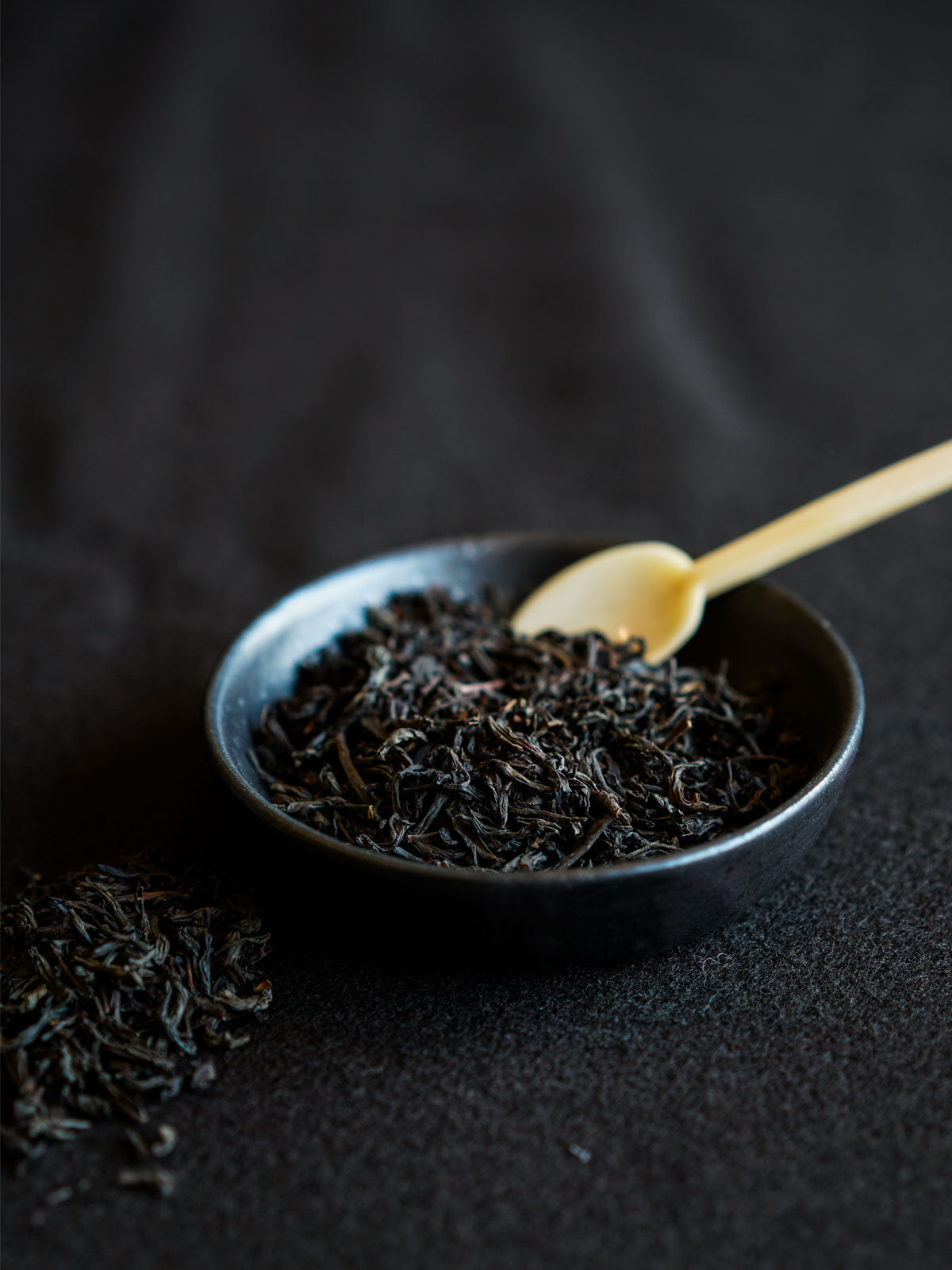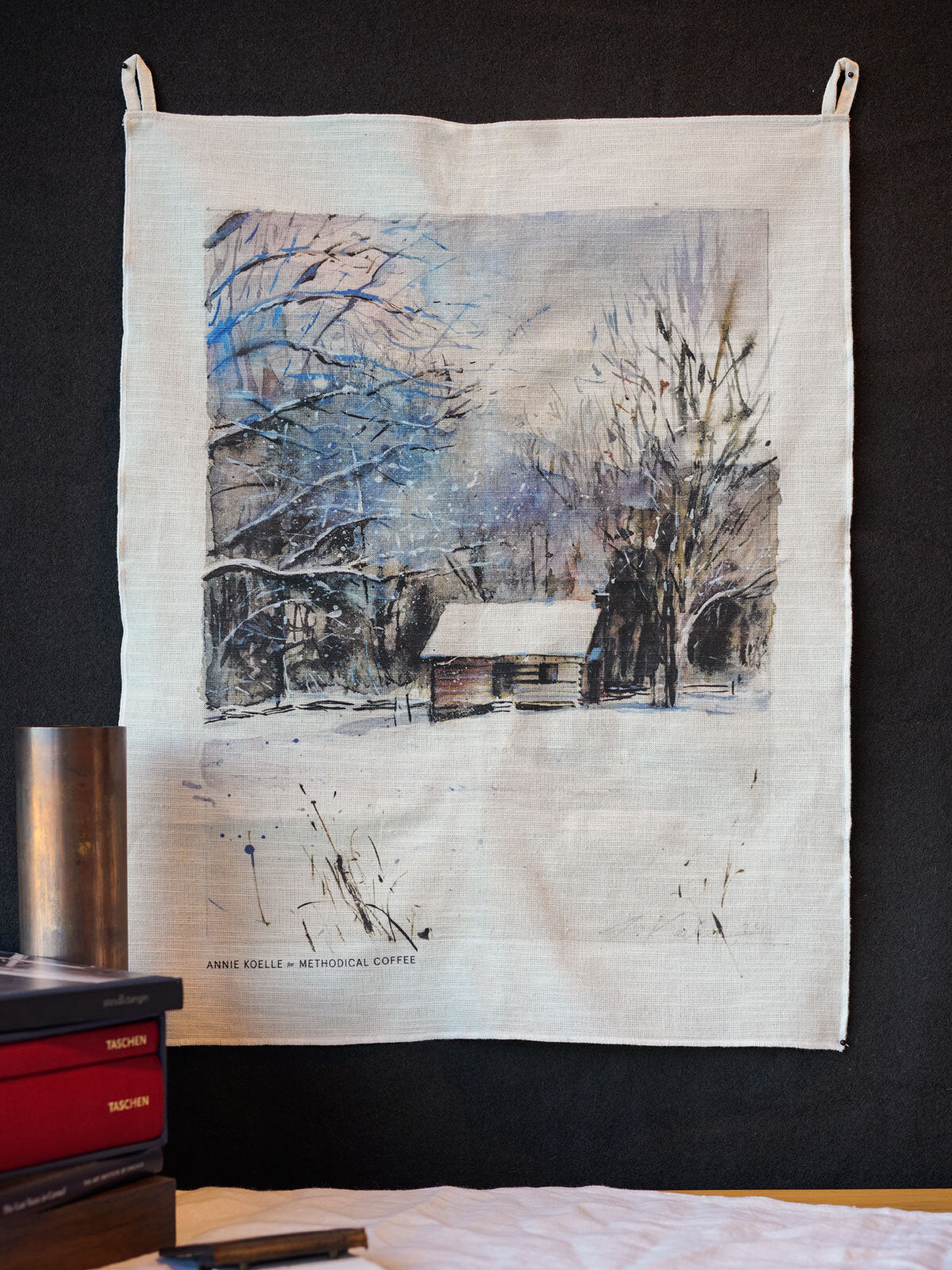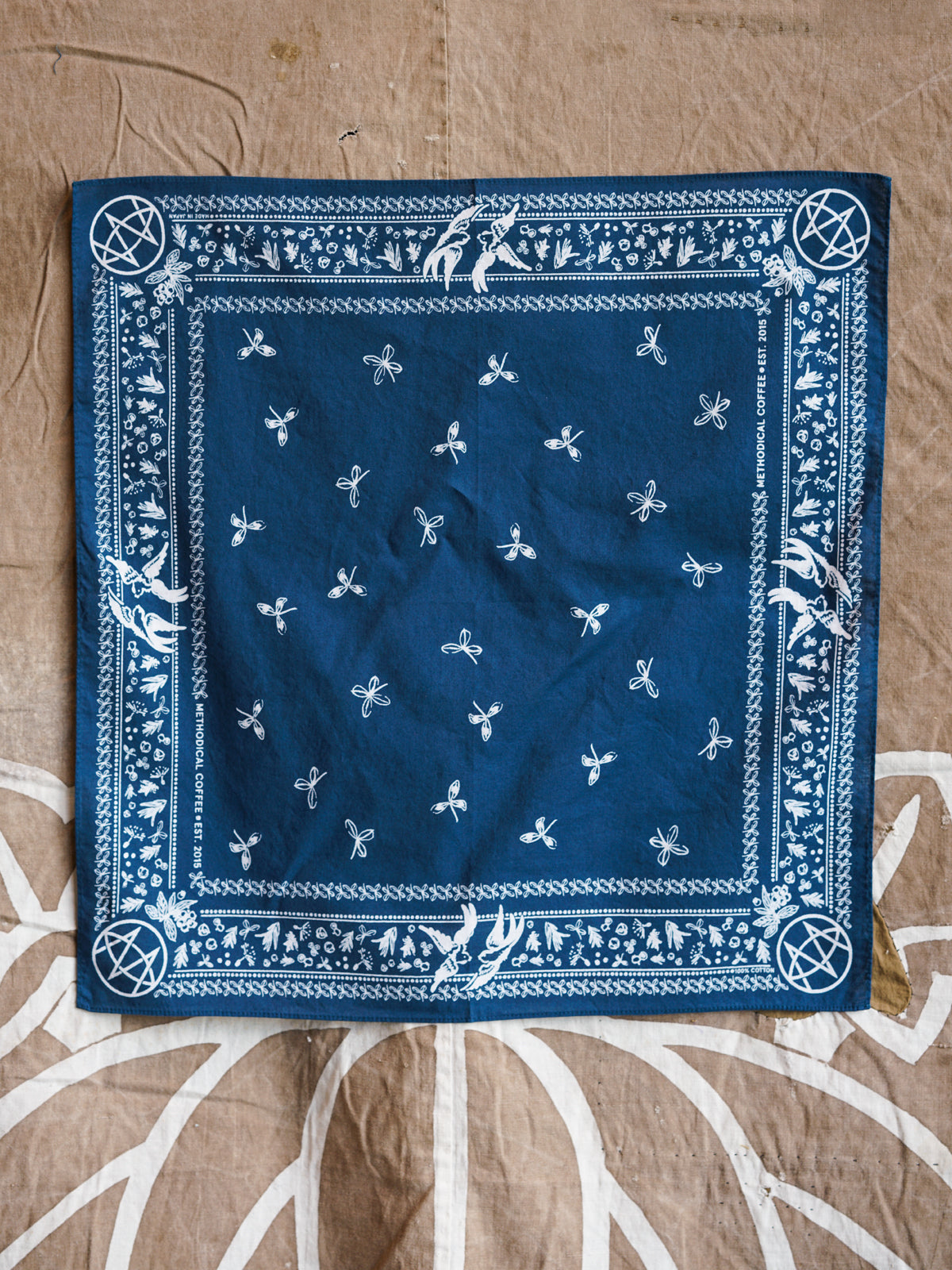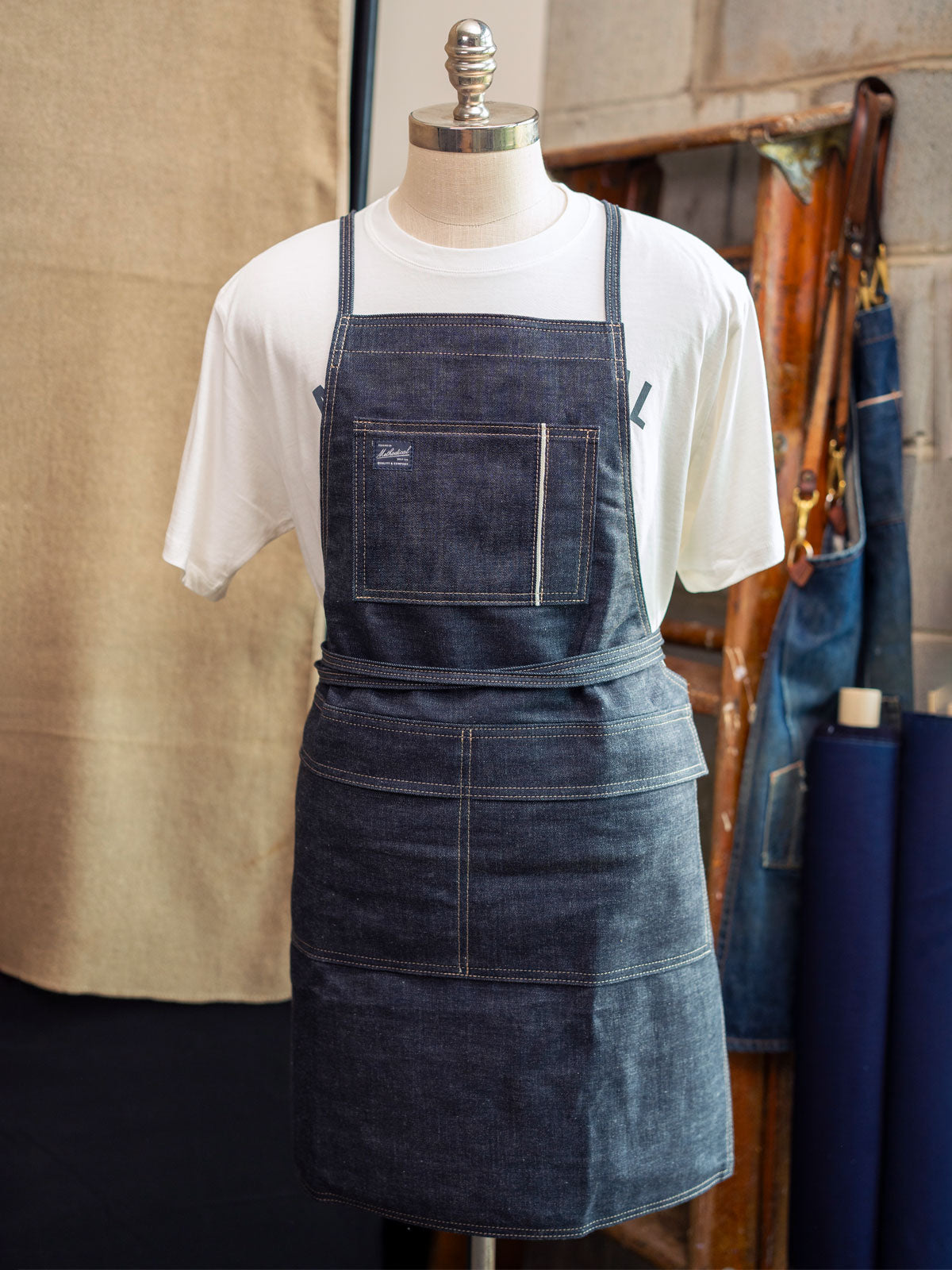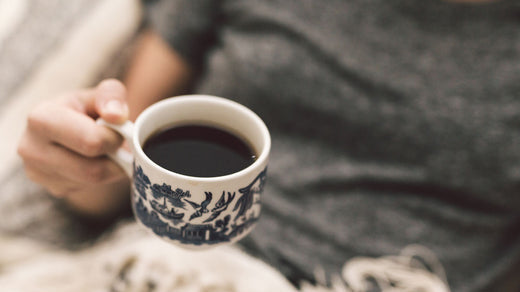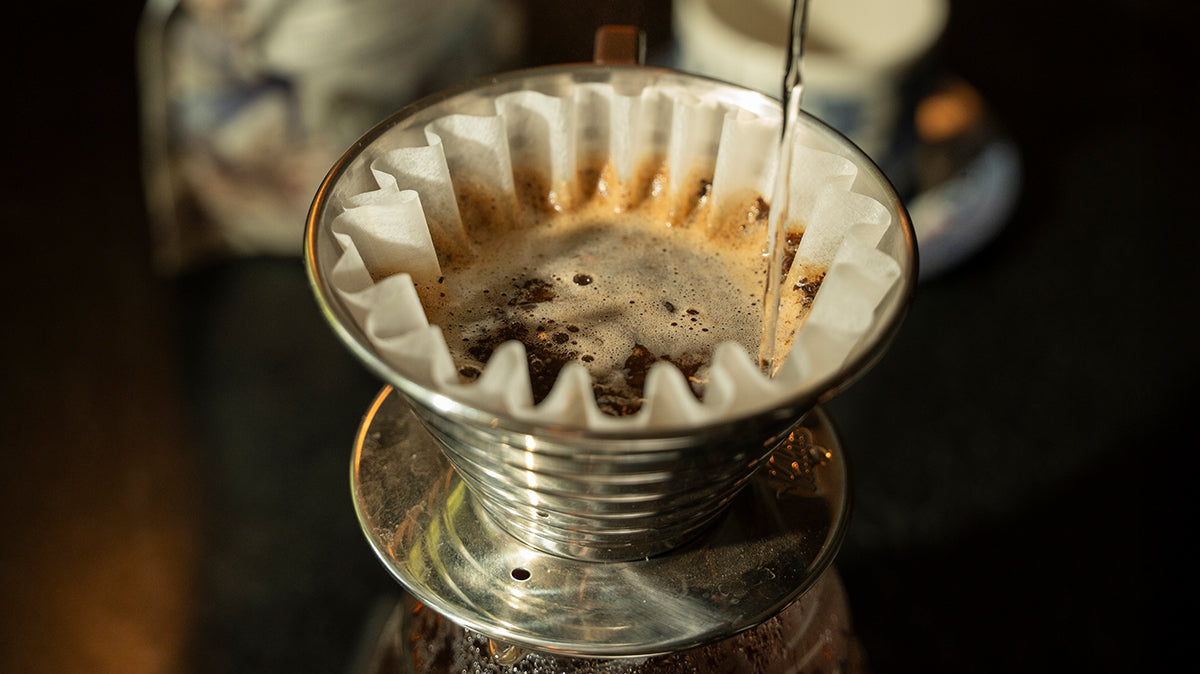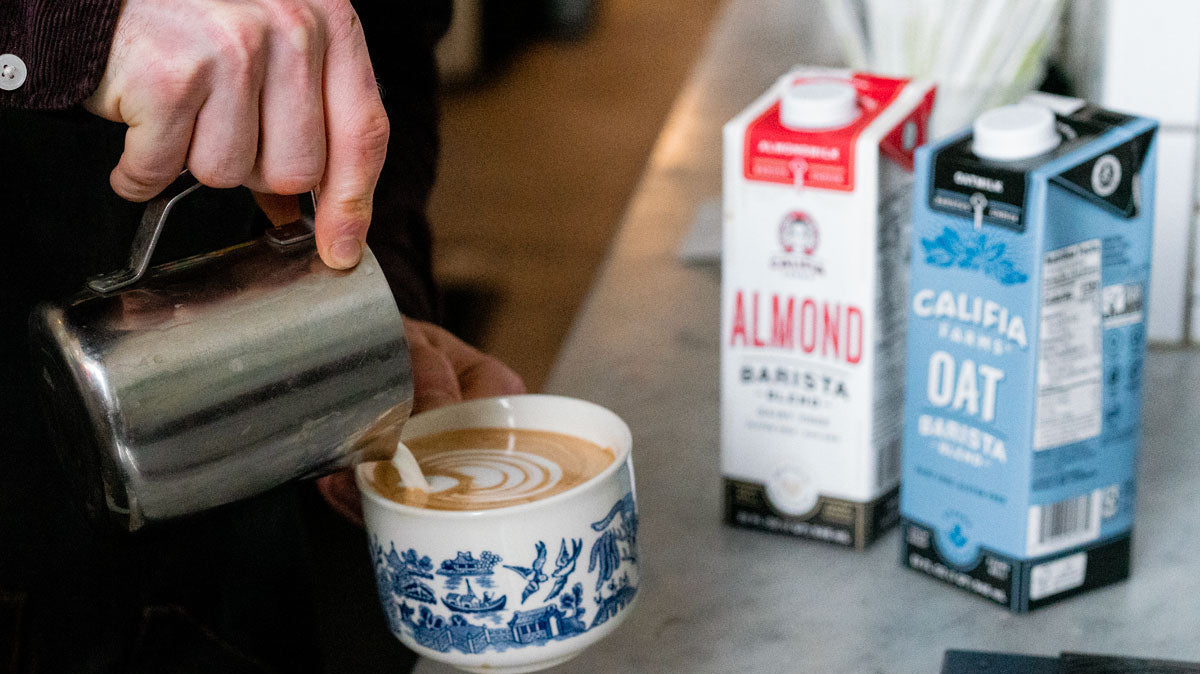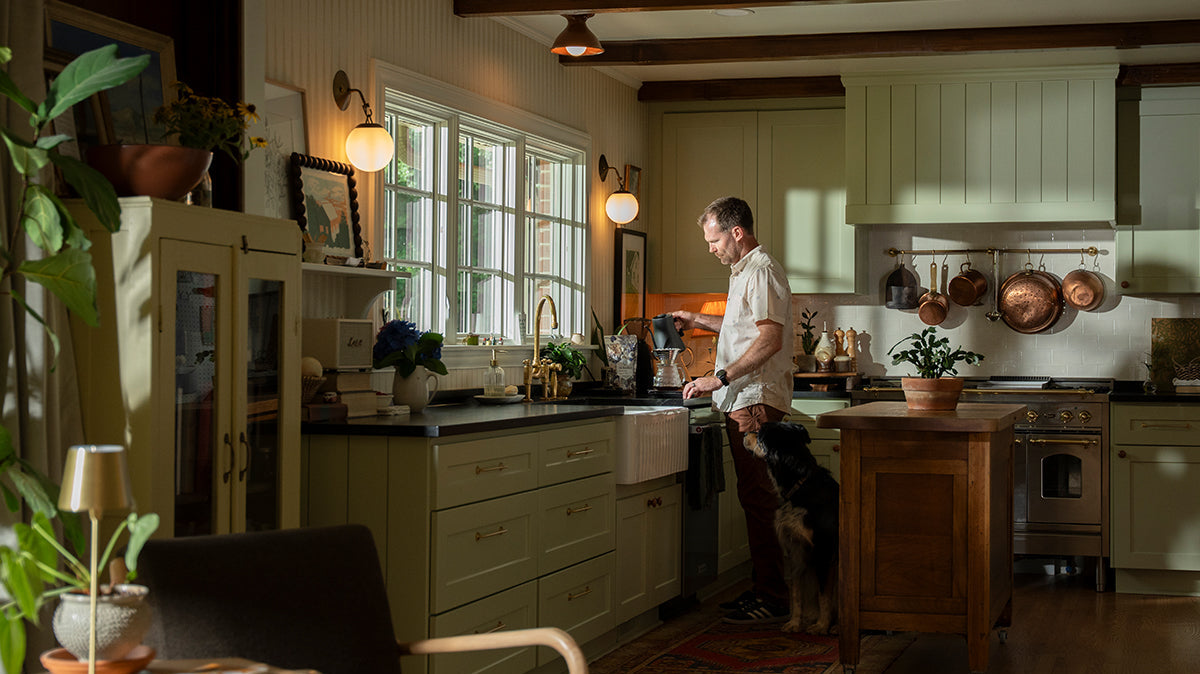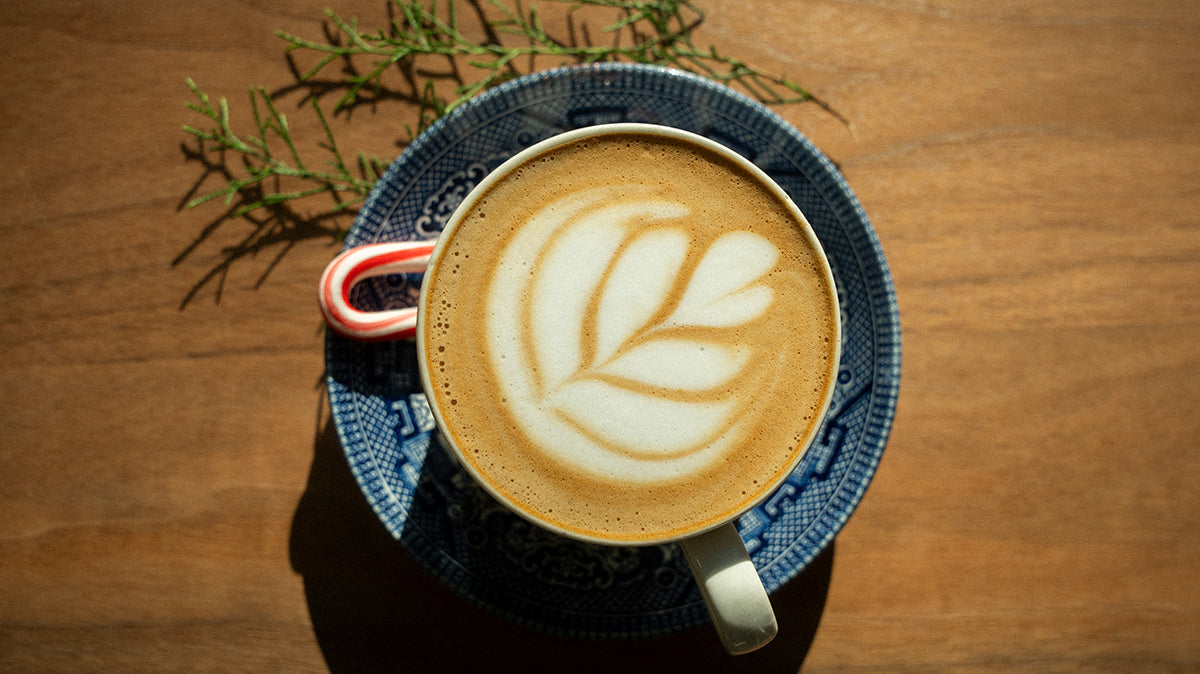As the story goes, the effect of coffee was first discovered in Ethiopia by native tribes. They would crush the coffee cherries and their beans using a mortar and pestle and roll them with animal fat to create a power-packed energy ball full of protein, fat, sugar, carbs, and of course, caffeine.
Hundreds of years later, in 1675, King Charles II of England issued a decree banning coffee houses. The cause of the ban was due to the effect caffeine had on the patron's mental state. Since caffeine is a stimulant, people became more mentally alert and more aware of what was happening in society, making coffeehouses the place for public discussion and discourse on all things political, religious, and scientific. The threat of a public uprising against Charles’ rule led to his decision, but the ban was quickly abandoned only two weeks later due to public outcry.
All throughout coffee’s history, caffeine has played an inextricable role. But even to this day, caffeine in coffee isn’t widely understood. We’ll walk through what caffeine is, how it compares to other beverages, and the effect of its potency.
What is caffeine?
Caffeine is a stimulant—it is a chemical compound, named 1,3,7-trimethylxanthine, that stimulates the central nervous system and speeds up the transportation of information. This looks like an increase in alertness and physical energy.
Caffeine is naturally produced by enzymes in over 60 different plants. Its purpose is as a natural defense used to ward off insects looking for an easy meal. Along with coffee, cocoa and tea plants have evolved to produce caffeine as a defense mechanism. Though initially natural, there is also a synthetic version of caffeine that is produced for things like caffeine pills and sodas.
What influences the amount of caffeine in coffee?
Coffee is an agricultural product with many factors contributing to its caffeine content including where it’s grown, elevation, species, varietal, roast, and brew type. Elevation, or how high up a mountain a coffee plant is grown, is probably the most odd contributor to caffeine content. Coffee is grown at higher altitudes because of how the elevation affects the flavor of the beans, but also, the higher the elevation the fewer the insects, making caffeine as a defense mechanism not as necessary. So coffee grown at a high elevation typically has a bit less caffeine than coffee grown lower down the mountain.
Learn more: 4 Types of Coffee Beans and What Makes them Different
Caffeine in comparison
| Beverage | Size | Caffeine in milligrams |
| Cup of coffee | 8oz | 65mg-120mg |
| Espresso | 2oz | 60mg |
| Cappuccino | 6oz | 60mg |
| Latte | 12oz | 60mg |
| Herbal tea | 8oz | Trace amounts |
| White tea | 8oz | 12.5mg |
| Green tea | 8oz | 25mg |
| Black tea | 8oz | 70mg |
| Coca Cola | 8oz | 25mg |
| 5 Hour Energy | 2oz | 215mg |
| Red Bull | 8oz | 80mg |
Caffeine Amounts in Arabica vs Robusta
Though coffee has many species, the two most popular are Arabica and Robusta. The Robusta plant first saw popularity within the first wave of coffee when Maxwell House and Folgers were king. The Robusta plant is easier to cultivate than Arabica and less susceptible to disease. But Robusta plants have lower sugar content and more bitterness than Arabica making it less desirable. But Robusta coffee plants also produce nearly double the amount of caffeine than its more flavorful cousin. On average, Robusta beans have a caffeine content of 2.5%, whereas Arabica beans contain around 1.3%. So though the vast majority of specialty coffee being served is Arabica, reach for the Robusta beans if you’re looking for a wallop of caffeine.
Learn more about the differences between Arabica and Robusta Coffee.
Caffeine Amounts in light roast vs dark roast
There’s still plenty to learn about caffeine and how the roasting process affects coffee, but one long held belief was that coffee roasted darker has less caffeine than coffee roasted lighter. This was believed due to darker roasted coffee reaching a higher internal temperature than lighter roasted coffee, thus burning off some of the caffeine. But this turns out to not be true. A recent study by the decaffeinating company, Swiss Water, showed that there is no conclusive evidence to indicate roasting affects caffeine content.
So though you may think those beans that are black and oily look and taste like they would have more caffeine, it just isn’t true. Coffee roast has no effect on caffeine.
How much caffeine is in decaf coffee
There are many ways coffee is decaffeinated. Some methods are better than others from a health perspective, but also for effectiveness. Benzene, a somewhat toxic chemical, was first used as a solvent to decaffeinate coffee. But today more natural processes are used in the decaffeination process. Still though, there are nearly always trace amounts of caffeine within decaf coffee, but usually at least 95% of the caffeine is removed. Decaf has also gotten a bad wrap for how it can affect the flavor. Our decaf coffee is decaffeinated by a process called ethyl acetate, which has less of an impact on the flavor.
Learn more about decaf coffee on our Decaf Revival article.
How much caffeine is in espresso
Espresso is often thought as a caffeine machine due to its power-packed punch of flavor. Espresso is a coffee concentrate made by forcing hot water through finely-ground coffee within a small space. The output is small, between .75 to 2 ounces of liquid, and with a coffee to water ratio of 1:2. This coffee concentrate, averaging 1.5oz, contains somewhere around 60mg of caffeine whereas 1.5oz of brewed coffee only contains around 12mg of caffeine. So for a 1.5oz serving, espresso has far more caffeine. But once you consider overall volume, a 12oz cup of brewed coffee contains between 80-120mg of caffeine, whereas any espresso-based drink still contains only 60mg since espresso is diluted in water or milk.
How much caffeine is in a cup of coffee
On average, a cup of brewed coffee can have anywhere between 60-120mg of caffeine in an 8oz cup. However, there are many different brew methods and they all impact caffeine content differently. A big determining factor is grind size. The larger the grind particles, the less surface area there is for water to extract soluble materials like caffeine. This makes brew methods with larger grind sizes to have less caffeine. So a french press might have less caffeine than a pour over. Your ratio of coffee to water is also a big factor. The more coffee, the more caffeine. Most pour over methods, like your electric coffee maker, Chemex, or manual pour over, have a 1:16 ratio of coffee to water. You can adjust this to taste. Some people like a more bold or concentrated coffee flavor and increase that to 1:14. The more concentrated the coffee, the greater the caffeine content.
Caffeine in coffee vs tea vs soda
A big difference between coffee, tea, and soda, is where the caffeine comes from. Coffee and tea produce caffeine naturally. Soda’s caffeine is synthetically produced and added to the soda in production. While caffeine in coffee and tea fluctuates depending on the factors listed above, caffeine in soda is very controllable. It’s added to soda to help create the iconic cola flavor. Caffeine has a bitter taste and is used to balance the sweetness of soda. But on average, soda has less caffeine than tea or coffee, averaging 25mg per 8oz serving. But remember to consider overall volume when assessing caffeine intake.
How long does it take for caffeine to kick in?
You can start to feel the effects of caffeine within 15 minutes of consumption. The full effect of caffeine can be felt 30 to 60 minutes after consumption. Caffeine has a half-life of around 5 hours, so every 5 hours the amount of caffeine in your system is reduced by half. But caffeine affects everyone differently. Some people feel the effects of caffeine far more than others.
How much caffeine is too much
According to the Mayo Clinic, up to 400mg of caffeine a day is safe for the average person. That equals about 4 cups of coffee a day. The side effects of too much caffeine include nausea, jitters, insomnia, headaches, and a racing heart. Everybody reacts to caffeine differently, so be sure to listen when your body is telling you you’ve had too much coffee.
There are studies that indicate caffeine may be good for you. Coffee has been found to increase metabolism and help with weight loss, protect against heart disease and diabetes, and reduce the risk of dementia and suicide.
The bottom line
Caffeine is complex. Many factors determine caffeine content in coffee and everyone’s body responds to caffeine differently. But the most important thing to consider is to listen to what your body tells you. Consider if you’re drinking too much coffee and adjust if needed. If you are heavily affected by caffeine, consider trying out our decaf coffee. It’s always a stand out on the cupping table. But if you’re not as impacted by caffeine, take a look at our best sellers. You’re sure to find something that will become your new daily drinker.
You might also like:


